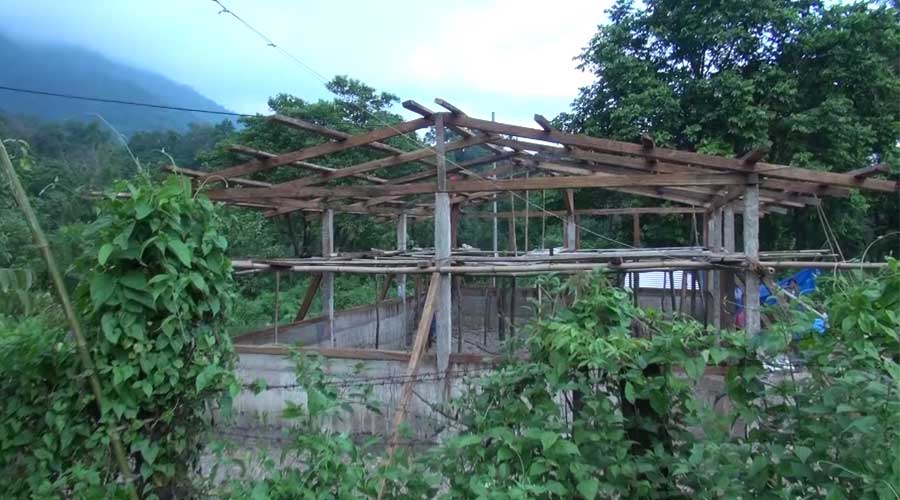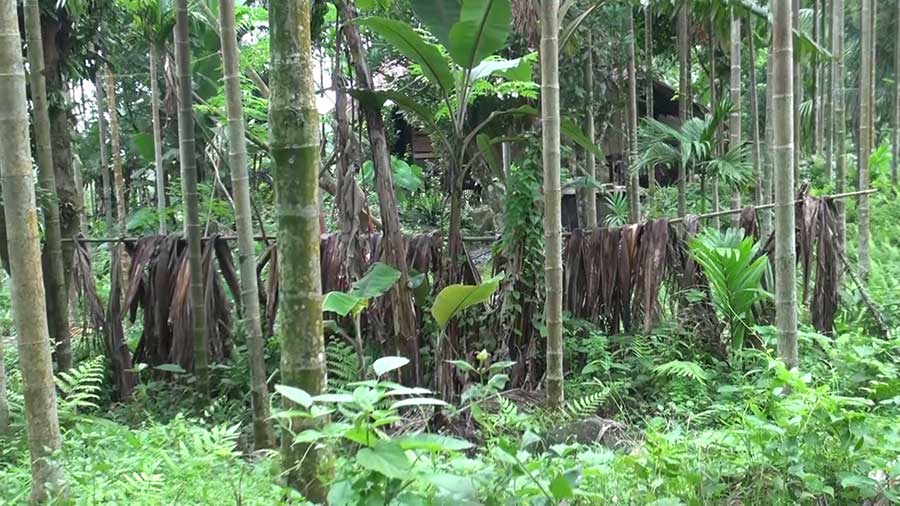
As the world works toward ending plastic pollution, Bhutan is doing its bit to find an effective way to address plastic waste. As such, the plastic alternative business is growing in the country. One such business is the Menchu Phendey Tshogpa in Satsaloo in Pema Gatshel. The group will be manufacturing bio-degradable plates and cups, in an effort to bring green products into the market.
In Bhutan, alternatives to plastics are growing at a slow pace and on a smaller scale. But a few companies including the kinds of Menchu Phendey Tshogpa are trying to make a dent in managing plastic waste.
The members of the Tshogpa are currently constructing the manufacturing plant with funds of more than USD30,000 from the UNDP Small Grant Program and the Government. The plant will be completed by the end of this month and will start production next month.
The plates and cups will be made from dry areca leaves. The products will be 100 per cent bio-degradable.
The Chairperson of Menchu Phendey Tshogpa, Sonam Yeshi said the current struggle to manage plastic waste especially plastic plates and cups will soon be over. “If we have biodegradable plates and cups made from areca leaves, it will have no harm to the environment, unlike the plastics.”
Menchu Phendey Tshogpa is the first eco-friendly plates and cups manufacturing plant in Pema Gatshel. The Tshogpa expects to produce over 20,000 pieces every week. And that’s like eliminating 20,000 plastic plates and cups from the ecosystem every week.
Besides, the plant aims to create jobs in the green sector. Women constitute 60 per cent of the workers at the plant.
“The members are mostly women. So, we are looking to improve their livelihood. It is also to educate, nurture and empower women in the village,” the Chairperson added.
“We have started the construction of the manufacturing plant. We hope to benefit from it and make some money,” said Tashi Tshomo, a member of the Tshogpa.
“Single source of earning is not enough for a family’s survival. So, I joined the Tshogpa to earn and help my husband,” said Tshomo, another member of Tshogpa.
 Moreover, the nearby areca nut growers are hoping to earn by selling areca leaves. They usually dispose of the leaves.
Moreover, the nearby areca nut growers are hoping to earn by selling areca leaves. They usually dispose of the leaves.
“We used to chop it to the root to decompose the leaves. Now we are thinking of supplying to the plant,” said Tshewang Lhamo.
“Now we don’t want to waste the areca leaves. We will collect them as soon as it drops and will sell them to the factory,” said another resident.
“One factory is coming up now. We are thinking we will supply areca leaves there,” added Tshundu Wangmo.
It is estimated that globally more than 300 million tons of plastics are used every year. Half of it is single-use plastics. And in Bhutan, as per the National Statistics Bureau, about 17 per cent of the total waste is plastics in 2020.
The group hopes to use areca leaves innovatively to diversify the products and contribute to a cleaner future.
Thinley Dorji, Pema Gatshel
Edited by Sangay Chezom








